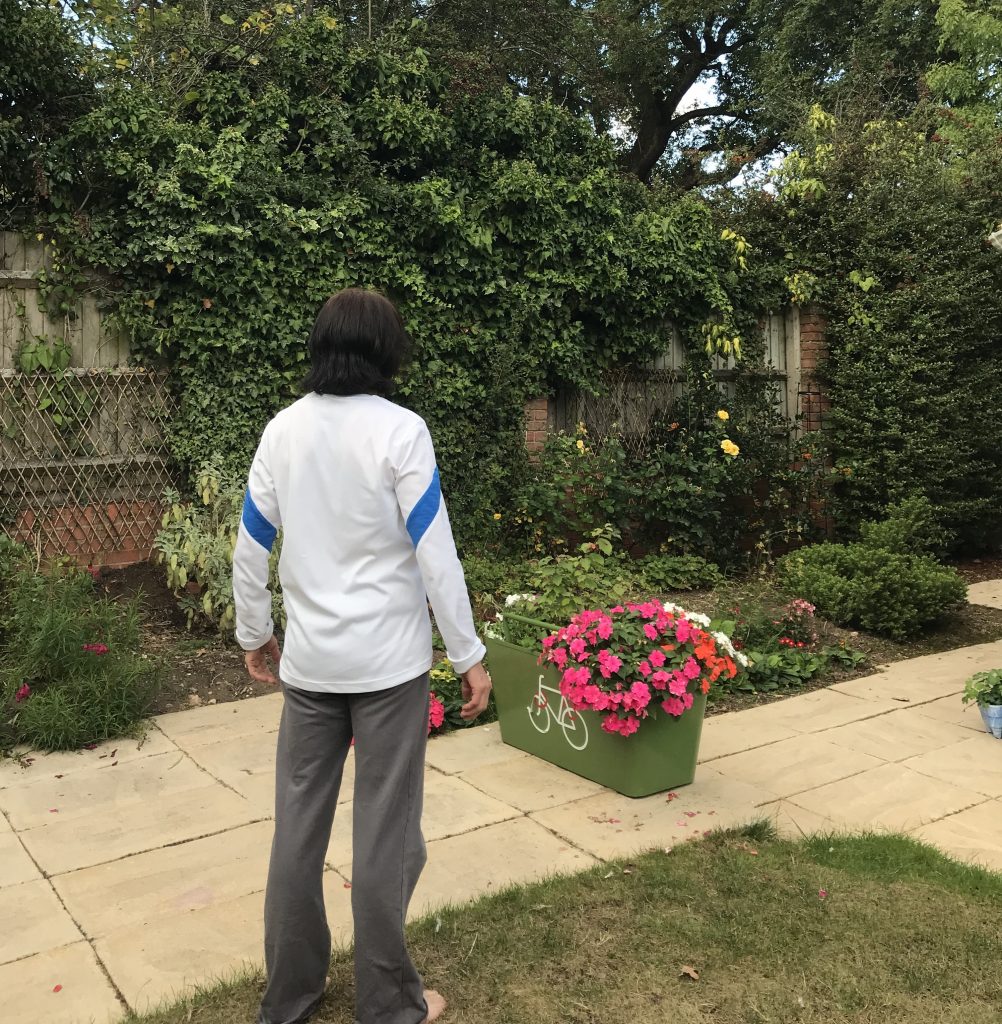Deep Breathing can improve your recovery and quality of life

We are alive, perhaps even running, so we definitely know how to breathe. Right?
Well maybe… or maybe not!
Many of us don’t even think about breathing. It just happens. End of story. We probably only notice it when we are running hard and gasping, when we have the ‘I can’t get enough oxygen’ feeling at the end of a hard effort.
We might remember being told to calm down and breathe deeply in an emergency situation. If we have done yoga (or even weightlifting!), we may recollect the instructor emphasising the importance of how we breathe as we do the exercises. Or some of us may recall being told that we need to breathe deeply, to get air right to the bottom of our lungs, because that’s where the alveoli (air sacs) are, and that’s where the largest transfer of oxygen into the blood (and carbon dioxide out of the blood) occurs. Deep ‘belly breaths’ rather than shallow ‘shoulder breaths’ are the way to go to maximise the amount of gaseous transfer and improve our VO2Max, and hence our running.
All the above is absolutely correct. But I am not here to dwell on how we breathe when we exercise. Instead, I want to focus on the value of doing some specific breathing exercises and to bring some new scientific evidence about its usefulness to your attention.
As a Meditation Personal Trainer, I use Basic Breathing Meditation as one of my ‘go to’ techniques when I teach individuals how to meditate and thus improve the quality of their lives. Now the scientific community has assembled the hard evidence about exactly why such approaches can contribute to the wellbeing of humans (1-3). In a nutshell, this type of breathing improves our physical and our psychological wellbeing. I’ll return to this later. First, let’s start with some basics.
What’s different about this type of breathing from what most of us do most of the time?
The main differences are that we focus JUST on the breathing (and as little else as possible) and that we try to breath in a particular way – we slow down the breathing overall – to about 6 breaths per minute – and try to exhale (breathe out) a little more slowly than we inhale (breathe in). As a side effect of this slowing down, we tend to breathe more deeply. We can also take active steps to help ourselves, such as inhaling through the nose and exhaling through pursed lips, although this is not essential. A more important aspect is that we do not try to multi-task. We should do our breathing practice in a quiet place where we are not going to be distracted or disturbed. Then, we focus ONLY on the breathing and make that process our sole focus. In other words, we make it ‘meditative’. Even 5-10 minutes of this is worthwhile although much of the evidence relates to longer sessions (20-30 minutes).
Sounds easy …what will it do for me? For centuries, those who teach meditation and yoga have spoken of the benefits of such slow breathing and a meditative approach to breathing. Scientists have begun to analyse the evidence that has been emerging from studies that look beyond ‘relaxation’ and they have discovered some physical changes that we can directly observe in the human body. This is a very brief summary of the rather complex evidence that is available in the references.
At a physical level, breathing deeply ensures we increase the oxygenation of our blood. This helps to bring the blood acidity (pH) to a more comfortable level. Our heart rate slows because we no longer need to pump so much blood to the working body (as the blood is now carrying more oxygen). This also lowers our blood pressure. We feel less anxious – because the physiological system (sympathetic nervous system) which increases our heart rate and blood pressure is dialled back a little, and the counterbalancing system (the parasympathetic system) gets to exert more influence. These systems need to be in balance in the body to ensure we are healthy. When we are ‘stressed out’ the sympathetic system is overactive. Recent research is showing that the mechanical effect of breathing deeply causes stimulation of some stretch receptors in the body and this contributes to the feeling of relaxation and the lowering of blood pressure, and it may even help reduce pain. There is also evidence that deep slow breathing helps to generate slow brain waves. These help the mind to feel relaxed whilst remaining alert and focused. For athletes, slow deep breathing can increase Heart Rate Variability, a measure of recovery from training.
Extra Note: I like to describe the sympathetic system as the one you might have on full power if a lion was chasing you, and the parasympathetic system as the one that is on full power when you are relaxing with a cuppa watching a good film or show on TV.
Breathing practice sounds really easy and useful. Exactly! It is easy, and it can bring us significant benefits … but we do have to make the time to ‘show up and practice’ (just as we do in our training!).
As a secular Meditation PT, I have used Basic Breathing Meditation to help several stressed-out individuals. Within a few sessions they have managed to learn the technique and to feel benefit from it.
As one client put it: “I have made meditation part of my daily routine and I don’t need a reminder set on my phone. I still enjoy doing it and feel the same happiness and peace after every daily session.”
The key is to find time to practice regularly, daily if possible, to maintain the benefits.
Another client reported: “When life is OK, I sometimes forget to practice. Then, I need it to help me relax and sleep and I have to restart the (meditation) habit. … I have learnt over the past year that being in the habit of doing the meditation at the end of the evening means the sleep problems can be solved much more quickly and easily.”
Please contact me if you think I could help you learn a breathing-based secular meditation technique to assist you to get your life rebalanced.
References
- Robson D. BBC Beyond the 9-5. March 3rd, 2020. https://www.bbc.com/worklife/article/20200303-why-slowing-your-breathing-helps-you-relax
- Zaccaro A, Piarulli A, Laurino M, Garbella E, Menicucci D, Neri B and Gemignani A (2018) How Breath-Control Can Change Your Life: A Systematic Review on Psycho-Physiological Correlates of Slow Breathing. Front. Hum. Neurosci. 12:353. doi: 10.3389/fnhum.2018.00353
- Noble DJ and Hochman S (2019) Hypothesis: Pulmonary Afferent Activity Patterns During Slow, Deep Breathing Contribute to the Neural Induction of Physiological Relaxation. Front. Physiol. 10:1176. doi: 10.3389/fphys.2019.01176
